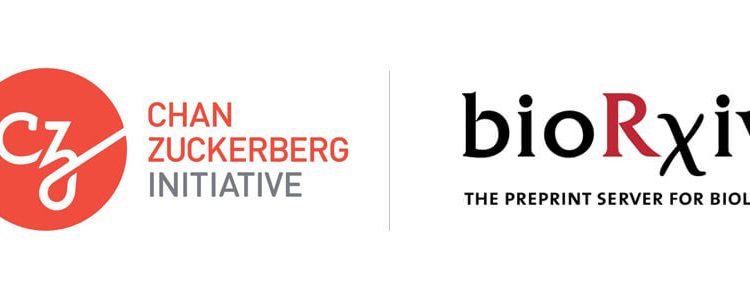BioRxiv Secures Funding from Chan Zuckerberg Initiative

BioRxiv is modeled after arXiv, a preprint server for the physical sciences. BioRxiv has only been in existence for three years but it currently hosts more than 10,000 manuscripts from 55,000 authors from more than 90 countries. Adding to bioRxiv’s relevance to the biological research community, there are more than one million page views and downloads of bioRxiv papers every month. It also allows manuscript submission directly to about 100 peer-reviewed journals. The fact that so many journals have partnered with the preprint service shows that the publishing industry’s adoption of preprints is growing. BioRxiv is, therefore, an important part of the scientific publishing ecosystem.
BioRxiv Gets a Boost
In April 2017, bioRxiv obtained a multi-year funding package from the Chan Zuckerberg Initiative. Although the total amount of the grant funding has not been disclosed, the money will be used to pay for staff, technology development, and infrastructure according to John Inglis, Executive Director of Cold Spring Harbor Laboratory Press and co-founder of bioRxiv. BioRxiv is critical to the dissemination of preprints in the life sciences. The preprint server relies on commercial software from HighWire Press but any software developed with the Chan Zuckerberg Initiative funding will be open source. Inglis also revealed the fact that bioRxiv is committed to eventually having a completely open-source platform. He would also like to automate the process of translating scientific papers hosted on bioRxiv to web-friendly formats that would make papers easier to read on electronic devices and more amenable to text mining which is often used for scientific analysis.
This funding will allow for the expansion of the preprint server that hosts global scientific research for the life sciences. The increased support for bioRxiv as well as the expansion of its capacity that the Chan Zuckerberg investment will support should have a positive impact on global scientific research. It is a well-known fact that scientific publishing is slow and can take months or years for a manuscript to get reviewed and published. Preprint servers allow for the rapid dissemination of data anit is this hope of accelerating the pace of discovery that has motivated the Chan Zuckerberg Initiative’s donation. In addition, the Initiative will help with the development of open-source software tools. Although preprints have not been peer reviewed, dissemination of preprints opens the door for feedback, collaboration, and comments that can improve the manuscript. This partnership should also promote collaboration between publishing, scientific, and information technology experts to drive the evolution of scientific communication. This also has the ability to alter the scientific publishing landscape. While peer-reviewed research journals will always have a place, now authors can have preprint review as well, further improving the quality of their research.










